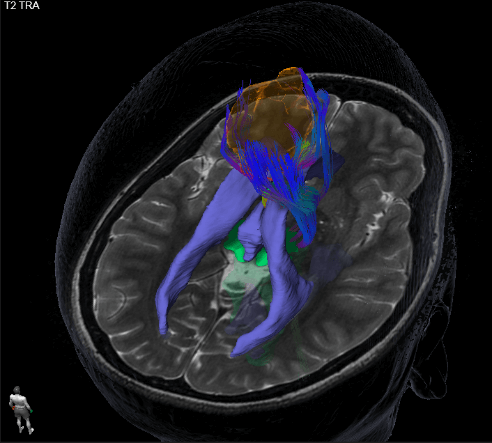Neurosurgery Developments in the Treatment of High Grade Gliomas

DISCOVER HOW BRAINLAB TECHNOLOGY CONTINUES TO DEFINE NEW TREATMENT OPPORTUNITIES FOR PATIENTS WITH RECURRENT DISEASE
The Novalis® Circle invites you to join a symposium during the 21st Annual Meeting and Education Day of the Society for Neuro-Oncology (SNO) in Scottsdale. Our event will be hosted in the Dorado Room of the Fairmont Princess Hotel on Friday, November 18th from 5:30 – 7:30 PM. Brainlab neuronavigation and radiosurgery planning solutions are well characterized within standard of care practices and play an active role in the upfront treatment management of patients with high grade gliomas. Software solutions continue to unlock new treatment strategies in the onset of progressive or recurrent disease and the Novalis Circle scientific community brings the focus to re-treatment options. Our panel of experts will present new tools on identifying response to treatment and need for therapy change, as well as define new exploratory solutions to integrate immunotherapy or intracerebral targeted-agent therapy. The symposium* will highlight talks from: Dr. Orin Bloch, MD, Northwestern Memorial Hospital will address the clinical benefit of vaccines derived from recurrent disease aimed at triggering an immune response. Midpoint data evaluation of his Phase II/III trial will be reviewed together with the value-add of neuro-navigation, mapping and intraoperative structure update in the re-operatory context. Dr. Andrew Brenner, MD, University of Texas, San Antonio will discuss the value of targeted agents and present his Phase I/II results. As his agent does not pass through the Blood Brain Barrier, drug delivery is planned and delivered directly to the brain utilizing technology. A methodology for ideal trajectory selection and drug flow planning will be presented as part of his navigated convection-enhanced delivery technique. Dr. Yael Mardor, PhD, Sheeba Medical Center will provide a review for glioma treatment response assessment using delayed contrast extravasion MRI. Her work is especially relevant considering the multi-disciplinary treatment paradigm for high-grade gliomas and of peak interest for the neuro-oncology community. For more information and to register, please click here.
*The information given in these presentations solely reflects the opinion of the presenter and was not prepared by Brainlab.